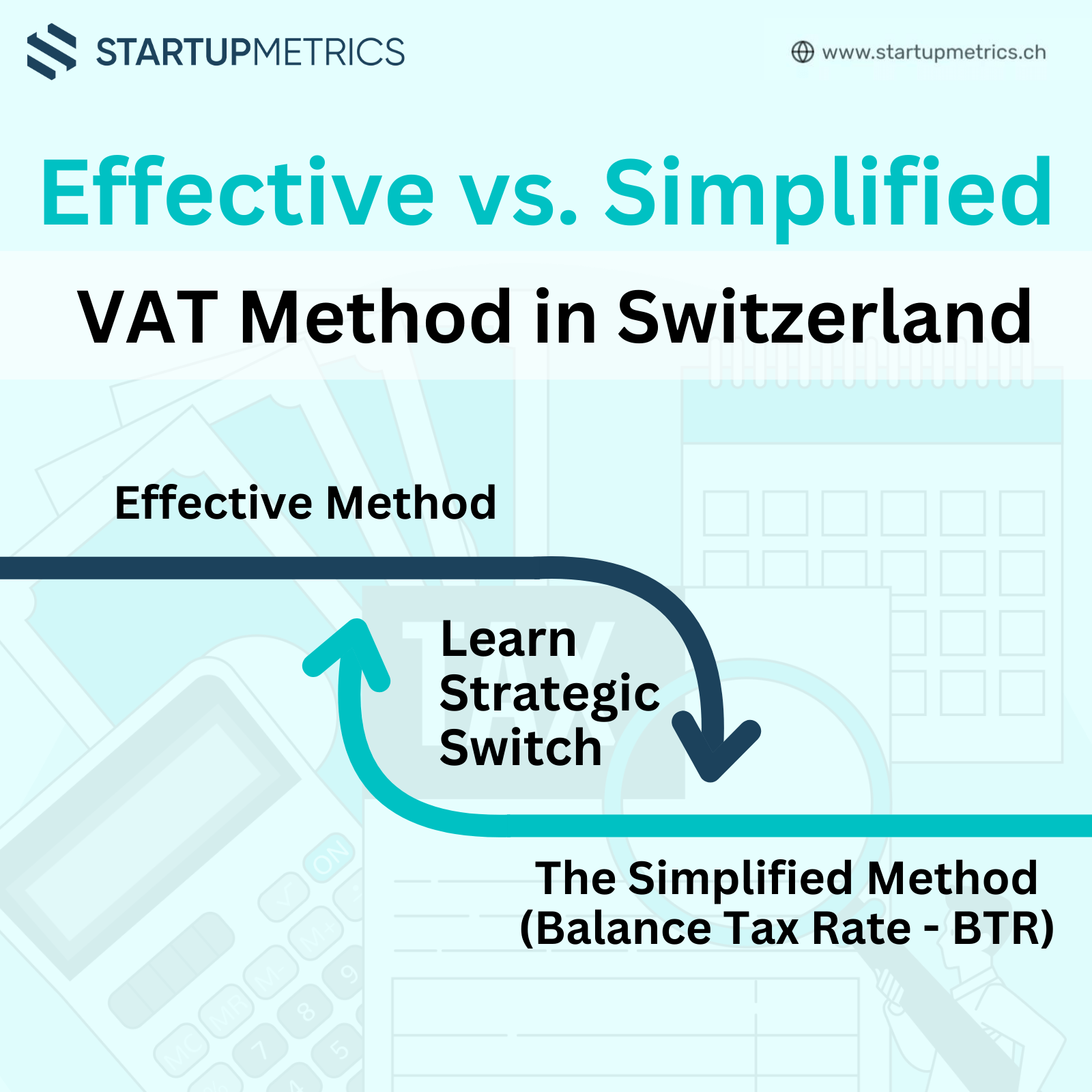
Choosing Between the Effective Method and the Simplified Method for VAT in Switzerland
Introduction to VAT Methods in Switzerland In Switzerland, VAT-registered companies can choose between two methods for calculating and paying Value…
As payment fraud continues to rise, small and medium-sized enterprises (SMEs) face growing risks in safeguarding transactions. Traditional fraud detection methods often fall short due to their limited scalability and reliance on manual processes. However, cloud-based solutions are transforming fraud detection, offering SMEs access to advanced tools that are both cost-effective and efficient. This article explores how cloud solutions improve fraud detection, helping SMEs mitigate risks while maintaining smooth operations.
Cloud-based payment fraud detection involves using machine learning algorithms, data analytics, and real-time monitoring tools hosted on cloud platforms. These solutions continuously scan transactions for suspicious activities and flag anomalies. Unlike legacy systems, cloud solutions offer scalable infrastructure, 24/7 monitoring, and real-time data access, making fraud detection more effective and responsive.
Leading cloud-based platforms, such as Stripe Radar, Adyen’s AI-powered fraud tools, and AWS, provide SMEs with powerful fraud detection capabilities without the need for heavy in-house infrastructure.
Cloud solutions enable real-time transaction monitoring, instantly detecting suspicious activities before they cause damage. With continuous data analysis, SMEs can respond immediately to threats, preventing chargebacks and fraudulent losses.
Swiss Example: A Zurich-based e-commerce SME uses Stripe Radar to detect unusual customer behaviour, blocking fraudulent transactions in real-time.
Cloud platforms leverage machine learning models to learn from transaction patterns and improve fraud detection over time. These models analyse customer behaviour, geolocation, transaction history, and payment trends to identify unusual patterns and block potentially fraudulent transactions automatically.
Implementing in-house fraud detection systems can be expensive for SMEs. Cloud solutions offer subscription-based models that are more affordable and scalable, allowing businesses to access the latest fraud prevention tools without significant upfront costs.
Insight: A Geneva-based SME avoids costly investments in fraud detection by subscribing to Adyen’s cloud-based fraud prevention suite.
Cloud solutions can easily scale with the growth of an SME, accommodating higher transaction volumes without compromising fraud detection capabilities. This flexibility ensures businesses are protected even during peak periods or expansion into new markets.
Example: An online retailer in Lausanne leverages AWS cloud infrastructure to handle seasonal sales spikes while maintaining fraud detection accuracy.
Cloud-based tools send automated alerts when suspicious transactions occur, ensuring businesses can act quickly. These systems also generate detailed fraud reports, providing insights into trends and vulnerabilities that SMEs can address proactively.
Overly sensitive fraud detection systems may flag legitimate transactions as fraudulent, leading to false positives. SMEs need to fine-tune machine learning models to balance fraud detection with customer experience.
SMEs must ensure their fraud detection practices comply with regulations such as GDPR and PSD2. Cloud providers often include built-in compliance features, but businesses must still monitor and manage their own compliance obligations.
Open banking is playing an increasingly important role in fraud detection by enabling businesses to access secure customer data directly from banks. This allows SMEs to validate payments quickly and detect fraud through real-time bank account verification.
Select providers that offer multi-layered fraud detection tools and are compliant with relevant regulations. Platforms such as Adyen, Stripe, and AWS are known for their advanced fraud solutions.
SMEs should integrate machine learning models into their fraud detection workflows to improve the accuracy of detection over time.
Ensure employees are trained to respond to alerts and manage fraud incidents efficiently to prevent escalation.
In 2024 and beyond, AI-powered fraud detection tools hosted on the cloud will continue to evolve, becoming more precise and efficient. With the growing adoption of open banking and embedded finance, cloud solutions will play a crucial role in safeguarding transactions across borders.
Businesses that adopt cloud-based fraud detection early will gain a significant advantage in building customer trust and preventing financial losses.
Cloud solutions offer SMEs a powerful and cost-effective way to detect and prevent payment fraud. With real-time monitoring, machine learning algorithms, and automated alerts, SMEs can stay ahead of fraud threats while improving operational efficiency.
For businesses in Switzerland and across Europe, adopting cloud-based fraud detection tools ensures secure, scalable, and compliant payment operations. By integrating these technologies into their payment processes, SMEs can protect themselves from evolving fraud threats and maintain smooth business operations.